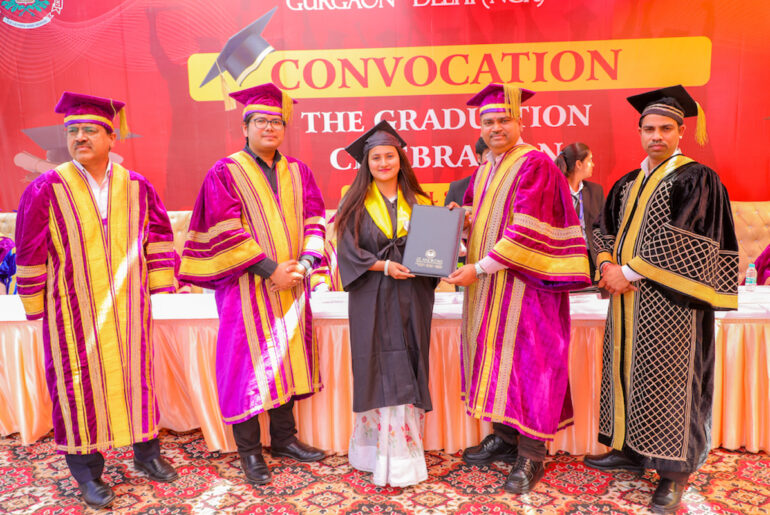Online MBA

Image -1 SAITM Girls Hostel
An Online MBA is a Master of Business Administration program delivered primarily through digital platforms, enabling students to complete their studies remotely. This format is particularly appealing to professionals who want to advance their education without interrupting their careers or relocating. Here are some key aspects of an Online MBA:
Structure
- Curriculum: Similar to traditional MBA programs, covering fundamental business disciplines such as finance, marketing, operations, and strategy. Specializations or concentrations in specific areas like digital marketing, international business, or healthcare management are often available.
- Delivery: Courses are typically offered in both synchronous (live online classes at scheduled times) and asynchronous (materials accessible at any time) formats, using various digital tools for learning and interaction.
Advantages
- Flexibility: Allows students to balance their studies with personal and professional commitments by attending classes from anywhere with an internet connection.
- Accessibility: Opens opportunities for students worldwide, especially those in remote areas or with limited mobility.
- Networking: Despite the remote nature, many programs offer robust opportunities for networking with peers, faculty, and industry professionals through online forums, group projects, and virtual events.
Admission Requirements
- Educational Background: A bachelor’s degree from an accredited university is typically required.
- Professional Experience: Some programs may require work experience, believing it enriches the learning environment through diverse professional perspectives.
- Standardized Tests: Requirements vary; some schools require GMAT or GRE scores, while others may waive this for candidates with significant work experience or prior academic excellence.
Career Impact
- Career Advancement: Graduates can move into higher managerial and leadership roles, leveraging the skills and knowledge acquired to drive business improvements.
- Skill Development: Focuses on developing strategic thinking, leadership, decision-making, and other managerial competencies.
- Increased Earning Potential: Completing an MBA can lead to higher salaries and greater career opportunities across various industries.
- Some of the most opted courses in India and St. Andrews college or different Engineering college or Management colleges are as follows:-
- Btech
- Btech CSE
- Btech ETCE
- MTech
- BCA
- BBA
- MBA
- MCA
- DPharma – St. Andrews College of Pharmacy
- BPharma – St. Andrews College of Pharmacy
- BArch – St. Andrews College of Architecture
Benefits of Pursuing an Online MBA Program

Image -2 Inside View of SAITM campus
Here are some benefits of pursuing an online MBA:
Flexibility
Online MBA degree programs offer flexibility in terms of scheduling, allowing students to balance their studies with work, family, and other commitments. This flexibility enables individuals to pursue higher education without disrupting their professional or personal lives.
Accessibility
Online MBA programs eliminate geographical barriers, allowing students to access high-quality education from anywhere with an internet connection. This accessibility opens up opportunities for individuals who may not have access to traditional on-campus programs due to location constraints.
Cost-effectiveness:
Online MBA programs often have lower tuition fees compared to on-campus programs, as they eliminate expenses such as commuting, housing, and campus facilities. Additionally, students can continue working while pursuing their degree, allowing them to offset tuition costs and minimize student loan debt.
Diverse Learning Environment
Online MBA programs attract students from diverse backgrounds, industries, and geographic locations. This diversity enriches the learning experience by exposing students to different perspectives, ideas, and business practices, fostering a collaborative and dynamic learning environment.
Customized Learning Experience
Online MBA programs offer a variety of learning formats, including pre-recorded lectures, live virtual classes, interactive discussions, and multimedia resources.
Students can choose the format that best suits their learning style and preferences, allowing for a more personalized and engaging learning experience.
Career Advancement Opportunities
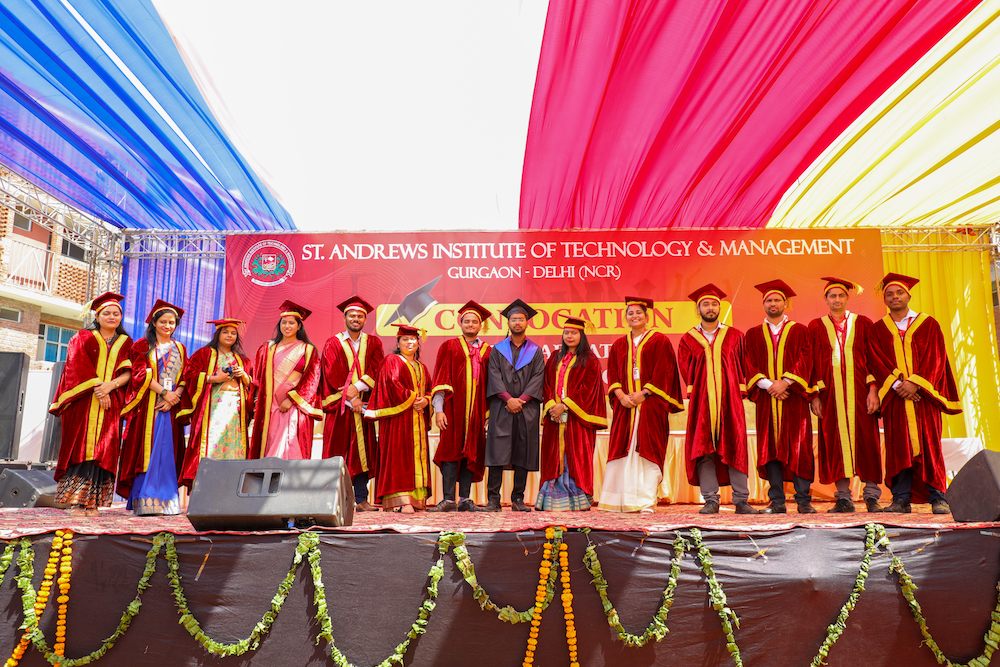
Image 3 – Convocation Ceremony at SAITM Campus
An Virtual MBA can enhance career prospects by providing students with advanced knowledge, skills, and credentials in areas such as management, leadership, finance, Salesmanship, and entrepreneurship and other business disciplines.
Graduates of virtual MBA programs may be better positioned to pursue leadership roles, transition to new industries, or start their own businesses.
Networking Opportunities
Virtual MBA programs provide opportunities for students to connect with classmates, faculty, alumni, and industry professionals through virtual networking events, discussion forums, and social media platforms. These networking opportunities can lead to valuable connections, mentorship, and career opportunities.
Enhanced Technology Skills
Virtual MBA programs leverage technology platforms and tools to deliver course content, facilitate collaboration, and enhance learning outcomes.
By participating in virtual learning activities, students develop valuable technology skills that are increasingly important in today’s digital business environment.
Choosing the right online MBA program

Image 4 – Management Lab in SAITM campus
Choosing the right Virtual MBA program is crucial for ensuring that you receive a high-quality education that aligns with your career goals and personal preferences. Here are some key factors to consider when selecting an Virtual MBA program:
Accreditation
Seek out online MBA programs accredited by reputable accrediting bodies, such as the Association to Promote University Centres of Business (APCSB), the Accreditation Council for Business Schools and Programs (ACBSP), or the International Accreditation Council for Business Education (IACBE).
Reputation and Ranking
Research the reputation and ranking of the Virtual MBA program and the institution offering it. Consider factors such as faculty credentials, student outcomes, alumni satisfaction, and employer perceptions. Look for programs that have a strong reputation in your field of interest and are ranked highly by reputable sources.
Curriculum and Specializations
Assess the curriculum and available specializations or concentrations provided by the Virtual MBA program. Consider whether the curriculum aligns with your professional aspirations and interests, and whether the program offers opportunities for specialization in areas such as finance, Salesmanship, entrepreneurship, or healthcare management.
Faculty Quality
Investigate the qualifications and experience of the faculty members teaching in the Virtual MBA program. Look for programs with faculty who have relevant industry experience, academic credentials, and a track record of excellence in teaching and research.
Delivery Format and Learning Platform
Consider the delivery format and learning platform used by the Virtual MBA program. Evaluate factors such as the flexibility of the schedule, the availability of live virtual classes, the usability of the learning management system, and the accessibility of course materials and resources.
Student Support Services
Explore the student support services offered by the Virtual MBA program, such as academic advising, career counseling, technical support, and access to library resources.
Alumni Network and Career Services
Consider the strength of the alumni network and the availability of career services offered by the online MBA program. Look for programs that provide opportunities for networking, mentorship, internships, and job placement assistance to help you advance your career after graduation.
Cost and Financial Aid
Assess the Virtual MBA program’s tuition and fees, alongside financial aid, scholarships, and tuition reimbursement availability. Consider your budget and explore funding options like scholarships, loans, or employer sponsorship.
How Online MBAs Work?

Image 5 – Degree Distribution at SAITM Campus
Online MBAs operate similarly to traditional on-campus MBA degree programs but utilize digital platforms and technology to deliver course materials and facilitate interaction among students, instructors, and resources. Here’s how Virtual MBAs typically work:
Virtual Classroom
Virtual MBA programs often use a virtual classroom platform or learning management system (LMS) where students can access course materials, participate in discussions, submit assignments, and communicate with instructors and classmates. This platform serves as the central hub for all academic activities.
Asynchronous Learning
Many Virtual MBA programs offer asynchronous learning, meaning that students can access course materials and complete assignments at their Self-paced and on their own schedule. This flexibility allows students to balance their studies with work and other commitments.
Synchronous Sessions
Some Virtual MBA programs also incorporate synchronous sessions, where students and instructors meet virtually in real-time for lectures, discussions, or group activities. These sessions may be scheduled at specific times or offered on a recurring basis, providing opportunities for live interaction and engagement.
Multimedia Resources
Virtual MBA degrees typically include a variety of multimedia resources, such as pre-recorded video lectures, interactive simulations, case studies, e-books, and virtual quizzes. These resources enhance the learning experience and cater to different learning styles.
Discussion Forums
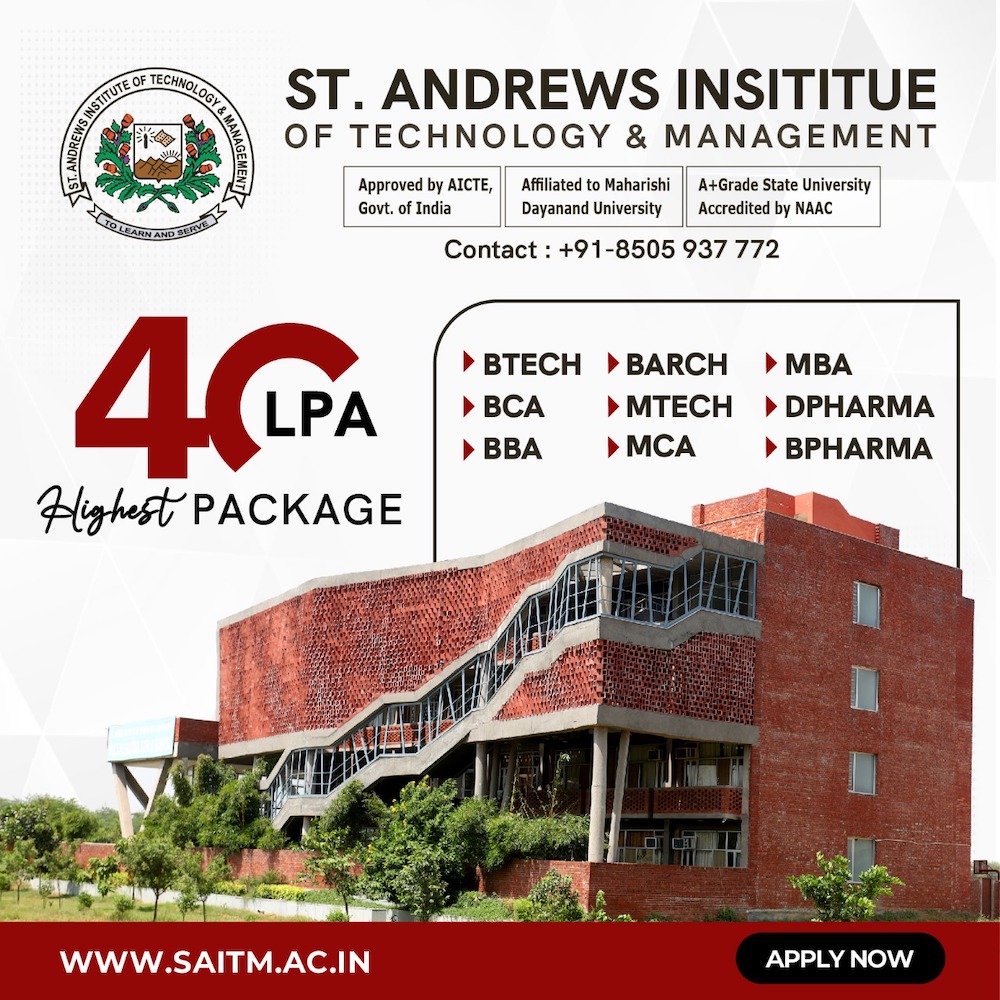
Image 6 – Courses Highlights
Discussion forums are often used in Virtual MBA programs to facilitate interaction and collaboration among students. Students can participate in discussions, ask questions, share insights, and engage in debates on course topics. These forums foster a sense of community and allow students to learn from each other’s perspectives.
Assignments and Assessments
Virtual MBA programs employ a mix of assignments, projects, quizzes, exams, and assessments to gauge student understanding and progress.
Faculty Support
Virtual MBA scholars have access to faculty members who provide guidance, feedback, and support throughout the program. Faculty members may host virtual office hours, participate in virtual discussions, and provide individualized assistance to students as needed.
Technology Requirements
To participate in an Virtual MBA program, students need access to a computer or mobile device with a reliable internet connection. They may also need to use specific software applications or tools required for coursework, such as video conferencing software, productivity suites, or statistical analysis programs.
Modes of online MBA programs
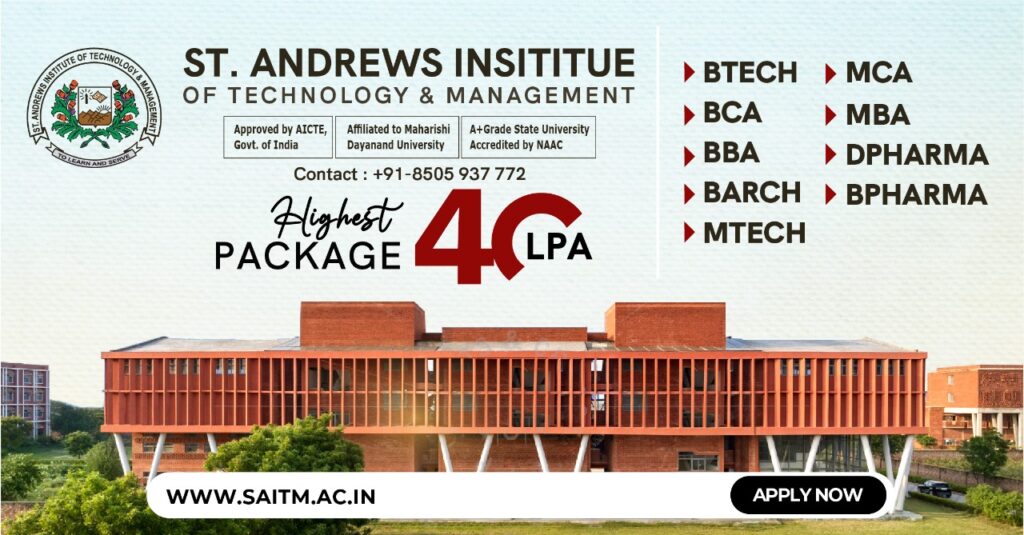
Image 7 – Courses Details
Virtual MBA programs provide professionals a flexible means to advance their careers without job interruption or relocation, with varied formats available.
Full-time Online MBA
Similar to traditional full-time MBA programs but delivered completely . These are intensive programs that typically take two years to complete, offering a structured schedule of classes and assignments.
Part-time Online MBA
Designed for working professionals who want to study at a slower pace. These programs usually offer evening and weekend classes online, allowing students to balance their studies with work and personal commitments.
Executive Online MBA (EMBA)
Targeted at senior professionals and executives who have considerable work experience. These programs focus on advanced leadership and management skills, and often include live virtual classes on weekends or evenings.
Accelerated Online MBA
These programs are designed to be completed in a shorter timeframe than the traditional two years, often through an intensive course load and shorter breaks between semesters.
Global or International Online MBA
Focused on international business and management, these programs often include virtual global immersions or international business projects, catering to students looking to work in global markets.
Specialized Online MBA
These programs allow students to customize their MBA experience based on their professional objectives.
Hybrid MBA
Combines virtual coursework with periodic on-campus residencies. This format provides the flexibility of virtual learning with the networking opportunities and face-to-face interaction of traditional programs.
Self-paced Online MBA
Provides the ultimate flexibility, enabling students to complete modules at their own pace within a generous timeframe. This option is ideal for students with unpredictable schedules.
Micro MBA or Mini MBA
A shorter, less expensive program focusing on the essentials of business management. While not offering the same depth as a full business administration degree, it’s a good introduction to business concepts for professionals not ready to commit to a full program.
MOOC-based MBA
Offered through Massive Open Online Courses (MOOCs), these programs are often more affordable and accessible, allowing students to earn an MBA degree or certificate from prestigious institutions.
Syllabus of Online MBA

Image 8 – Best College Award
Virtual MBA programs vary based on institution, specialization, and focus. They aim to offer foundational business management principles and advanced knowledge. Below is a general syllabus outline.
Core Courses

Image 9 – Management Block
The core curriculum is designed to build a broad base of business knowledge and skills. These modules are typically required for all Master of Business Administration scholars, regardless of their chosen specialization.
Management Theory and Practice : Overview of management principles, leadership styles, and organizational strategies.
Business Ethics and Corporate Governance :Study of ethical decision-making in business, corporate governance frameworks, and social responsibility.
Financial Accounting :Fundamentals of financial accounting principles, analysis of financial statements, and financial reporting.
Managerial Economics :Application of economic theory to business management, including market analysis and consumer behavior.
Marketing Management :Concepts and strategies for product development, pricing, promotion, and distribution.
Operations Management : Study of production systems, quality management, and supply chain logistics.
Corporate Finance : Examination of financial theories, capital management, investment strategies, and risk assessment.
Human Resource Management : Strategies for workforce planning, recruitment, training, performance management, and employee relations.
Strategic Management : Techniques for strategic planning, competitive analysis, and implementing organizational strategies.
Business Analytics : Introduction to data analysis techniques, statistical methods, and decision-making tools for business.
Electives/Specializations
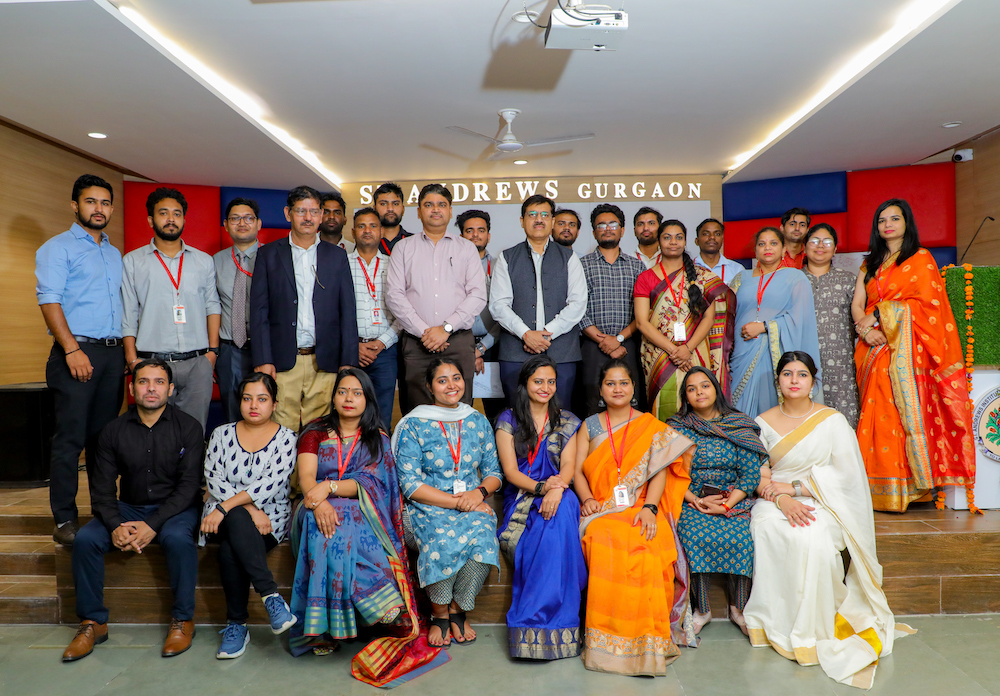
Image 10 – Faculty Achievements
After completing the core modules, students typically choose electives or a specialization track to focus their studies on a particular area of interest.
Some common specializations include:
Finance
Advanced modules in investment analysis, portfolio management, international finance, and corporate restructuring.
Marketing
Studies in consumer behavior, brand management, digital Salesmanship strategies, and international marketing.
Human Resources Management
In-depth look at talent management, organizational development, labor laws, and strategic HR planning.
Information Technology Management
On IT strategy, system analysis and design, cybersecurity, and data management.
Supply Chain Management
Study of global supply chain logistics, procurement management, inventory control, and operations planning.
Healthcare Management
Overview of healthcare systems, healthcare policy and ethics, and management of healthcare institutions.
Capstone Project or Thesis
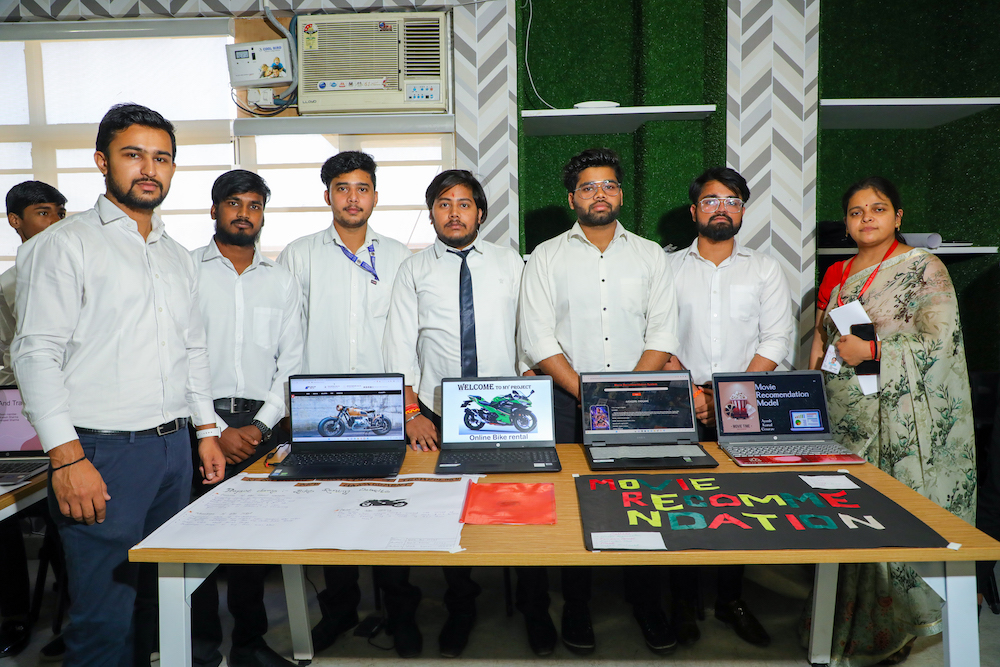
Image 11 – Students Showing Their Business Ideas
Many Virtual Master of business programs culminate in a capstone project or thesis, which allows students to apply what they’ve learned to real-world business problems or research within their field of interest.
This could involve a comprehensive business plan, a strategic analysis report, or an in-depth research project.
Professional Development and Soft Skills
Enhance your professional skills and personal development through modules focusing on communication, leadership, negotiation, time management, and networking. These skills are essential for success in today’s business environment.
Global and Cross-Cultural Perspective
Explore global business practices, cross-cultural management, and international market trends to glean valuable insights. Modules may encompass international business tactics.
Technology and Innovation
Explore emerging technologies, digital transformation, and innovation management strategies. Modules may cover topics such as business analytics, information technology strategy, digital sales techniques, and entrepreneurship in the digital age.
Experiential Learning Opportunities
Participate in experiential learning activities such as internships, consulting projects, study abroad programs, or industry partnerships to gain hands-on experience and build professional networks.
Types of online MBA Programs

Image 12 – SAITM campus
Online MBA programs come in various types to suit different professional needs and learning preferences.
Here are some common types:
General MBA: Covers essential business disciplines such as finance, marketing, and management, suitable for a broad managerial skill set.
Executive MBA (EMBA): Designed for mid-career professionals who want to advance into higher management roles without pausing their careers.
Specialized MBA: Focuses on specific industries like healthcare, technology, or sustainable business practices, offering in-depth knowledge relevant to those fields.
Accelerated MBA: Shorter in duration, often around 12-18 months, for those who wish to complete their education more quickly.
Part-Time MBA: Ideal for working professionals, classes are typically held on nights or weekends, allowing students to work and study simultaneously.
Global MBA: Offers a curriculum with an international focus, including opportunities for global residencies and studies in international business.
Dual Degree MBA: Combines an MBA with another graduate degree, such as a Master of Science or a Juris Doctor, expanding the student’s expertise and career prospects.
Each type of online MBA program caters to different career goals and schedules, providing flexibility and specialized knowledge to students worldwide.
Admission requirements for online MBA

Image 13 – SAITM New Administration Block
The prerequisites for Virtual MBA degrees may vary depending on the business school and program. However, here are some common eligibility criteria you might encounter.
Bachelor’s Degree
Virtual MBA programs usually mandate a bachelor’s degree from an accredited institution, preferably in business or related fields, for applicants.
Minimum GPA
Many programs have a minimum GPA requirement for admission. This requirement is typically around 3.0 on a 4.0 scale, but it can vary depending on the institution and program.
Work Experience
While not always mandatory, some Virtual MBA programs prefer candidates with relevant professional experience. This requirement can vary widely, but many programs seek applicants with at least two to five years of work experience.
Standardized Test Scores
Some programs require applicants to submit scores from standardized tests such as the Graduate Management Admission Test (GMAT) or the Graduate Record Examination (GRE). However, many Virtual MBA programs are waiving this requirement or offering test-optional admissions due to the COVID-19 pandemic.
Letters of Recommendation
Many programs require applicants to submit letters of recommendation from professors, employers, or other professional contacts. These letters typically attest to the applicant’s academic abilities, work ethic, potential, and other relevant qualities.
Personal Statement or Statement of Purpose
The Business school in you applied may request applicants to submit an academic narrative or statement of intent delineating their educational history, professional aspirations, motivations for pursuing an MBA, and how the program aligns with their objectives.
Resume or Curriculum Vitae (CV)
Applicants are often asked to submit a current resume or CV detailing their educational background, work experience, skills, achievements, and any relevant professional certifications.
Application Fee
Most online MBA programs require applicants to pay an application fee when submitting their application. Fees typically range from $50 to $150 per application, but they can vary depending on the business school.
English Language Proficiency
For international applicants applying to business school whose native language is not English, there might be a requirement to exhibit English language proficiency by presenting scores from assessments like the TOEFL or IELTS.
Interview (if required)
Some programs may require applicants to participate in an admissions interview as part of the application process. The interview may be conducted in person, over the phone, or via video conference.
Admission process of online MBA program

Image 14 – Inside View of SAITM New Block
The admission process for the best Virtual MBA programs typically involves several steps, which may vary slightly depending on the institution and program requirements.
Here’s a general overview of the typical admission process:
Research Programs
Start by researching Virtual MBA programs to find ones that align with your career goals, interests, and preferences. Consider factors such as accreditation, curriculum, faculty, delivery format, reputation, and cost.
Review Admission Requirements
Review the entry criteria for each program you’re interested in. Common prerequisites may include:
- A bachelor’s degree from an accredited institution.
- A minimum GPA requirement (usually around 3.0 on a 4.0 scale).
- Professional work experience (varies by program).
- Letters of recommendation.
- Statement of purpose
- Resume/CV.
Prepare Application Materials
Gather all necessary application materials, including transcripts, test scores, letters of recommendation, and your statement of purpose. Update your resume/CV to showcase your academic and professional accomplishments.
Complete Online Application
Fill out the online application form for each program you’re applying to. Provide accurate and detailed information, and double-check for any errors before submitting.
Submit Transcripts
Request official transcripts from all colleges or universities you’ve attended. Most programs require transcripts to be sent directly from the institution to the admissions office.
Request Letters of Recommendation
Reach out to individuals who can provide strong letters of recommendation, such as professors, employers, or colleagues. Provide them with any necessary instructions or forms for submitting their letters.
Write Personal Statement
Craft a compelling narrative or statement of purpose that showcases your academic background, professional experience, career aspirations, and motivations for pursuing an MBA.
Pay Application Fee
Pay the application fee for each program you’re applying to. Fees typically range from INR 50 to INR 150 per application.
Submit Application
Review your application carefully to ensure all required materials are included and submit it before the application deadline.
Interview (if required):
Some programs may require an admissions interview as part of the application process. Prepare for the interview by researching the program, practicing common interview questions, and highlighting your strengths and qualifications.
Wait for Admission Decision
After submitting your application, wait for the admissions committee to review your materials and make a decision. You may receive an acceptance, rejection, or waitlist notification.
Accept Offer and Enroll
If you receive an acceptance letter, carefully review the terms and conditions of admission, including deadlines for accepting the offer and submitting any required documents. Once you’ve made your decision, accept the offer and enroll in the program.
Financial Aid and Scholarships
Explore options for financial aid, scholarships, and tuition assistance to help fund your education. Complete any required paperwork or applications for financial aid programs.
Orientation and Enrollment
Participate in orientation sessions and complete any required enrollment steps to prepare for starting your online MBA program.
Best colleges for online MBA

Image 15 – St. Andrews Institute of Technology and Management
Here is a list of best online colleges:
XLRI Jamshedpur (Xavier School of Management)
- Program: Executive Development Program in Business Management (EDPBM)
- Fee Structure: The total fee for the program is approximately INR 2,25,000.
NMIMS Global Access School for Continuing Education (NGA-SCE)
- Program: Post Graduate Diploma in Business Management (PGDBM)
- Fee Structure: The total fee for the program ranges from approximately INR 1,15,000 to INR 1,50,000, depending on the specialization chosen.
Indira Gandhi National Open University (IGNOU)
- Program: Master of Business Administration (MBA)
- Fee Structure: The total fee for the program is approximately INR 31,500, payable in installments
Resources for Online MBA Students
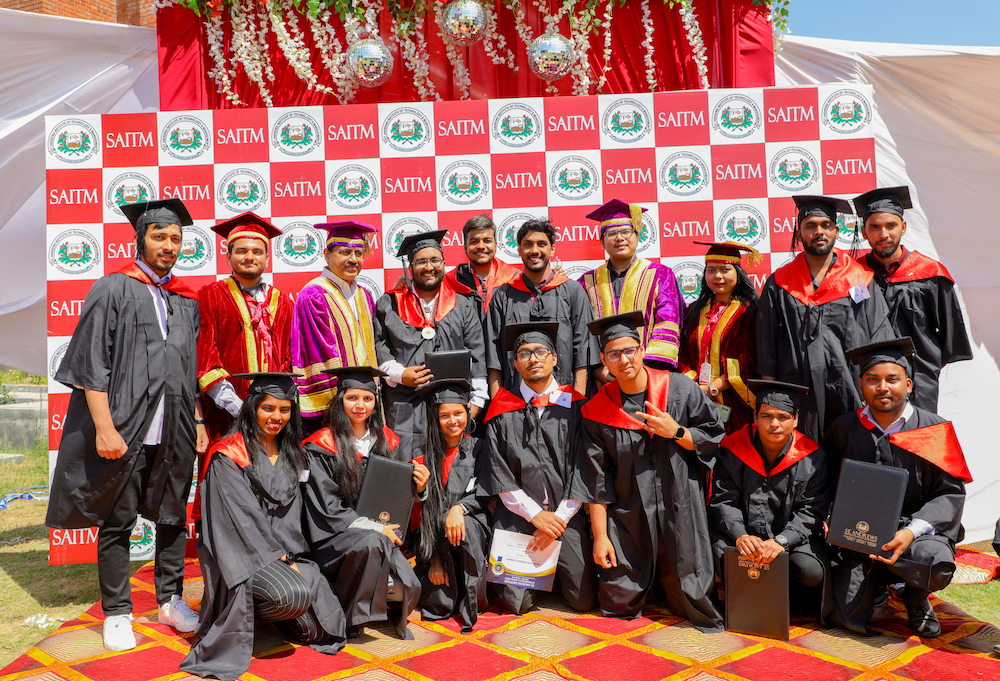
Image 16 – SAITM convocation Ceremony
Online MBA scholars have access to a variety of resources to support their academic, professional, and personal development. Here are some common resources available to online MBA scholars:
Learning Management System (LMS)
Most online MBA programs utilize an LMS where students can access course materials, lectures, assignments, discussion forums, and grades. The LMS serves as a central hub for virtual learning activities.
Online Libraries and Databases
Many universities provide access to extensive virtual libraries and databases containing scholarly articles, journals, e-books, and other resources relevant to business education. Students can use these resources for research, coursework, and assignments.
Tutoring and Academic Support Services
Virtual MBA programs often offer tutoring services and academic support resources to help students succeed academically. This may include virtual tutoring sessions, writing centers, math labs, and study skills workshops.
Career Services:

Image 17 – Highest Package
Career services offices provide support to Virtual MBA scholars in areas such as resume writing, interview preparation, job search strategies, networking, and career development. They may offer virtual resources, webinars, career fairs, and job postings tailored to MBA scholars.
Online Communities and Networking Platforms
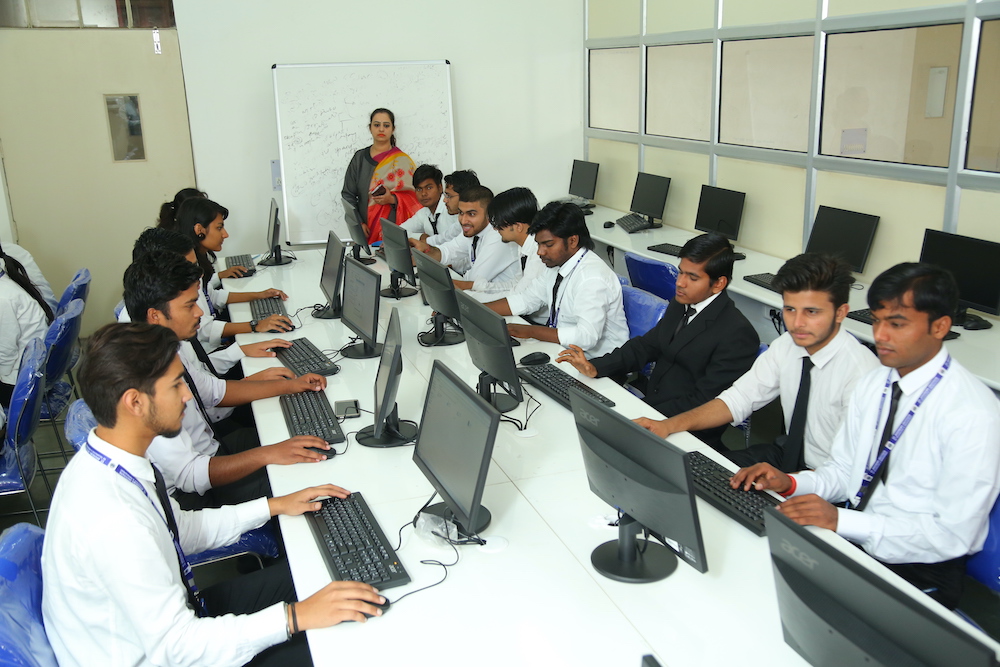
Image 18 – Online Digital Marketing Training for Management Students
Virtual MBA scholars can connect with peers, alumni, faculty, and industry professionals through online communities and networking platforms. These platforms facilitate collaboration, knowledge sharing, and networking opportunities.
Webinars and Virtual Events

Image 19 – Best Engineering College Award
Many Virtual MBA programs host webinars, virtual events, guest lectures, and panel discussions featuring industry experts, alumni, and thought leaders. These events provide valuable insights into current trends, best practices, and career opportunities in business.
Professional Associations and Organizations
Virtual MBA scholars can join professional associations and organizations related to their field of interest, such as the Association to Advance Collegiate Schools of Business (AACSB), the Graduate Management Admission Council (GMAC), or industry-specific associations. These organizations offer resources, networking opportunities, conferences, and professional development opportunities.
Financial Aid and Scholarship Resources
Virtual MBA students may be eligible for financial aid, scholarships, grants, and tuition assistance programs. Universities typically have financial aid offices or websites where students can find information about available funding opportunities and application procedures.
Technology Support Services
Many Virtual MBA programs offer technology support services to assist students with technical issues related to the LMS, online tools, software, and hardware. Students can contact the help desk or IT support team for assistance with troubleshooting and resolving technical problems.
Health and Wellness Resources
Maintaining physical and mental health is essential for academic success. Virtual MBA programs may offer resources and support services related to health and wellness, including counseling services, stress management workshops, fitness programs, and access to healthcare resources.
Career Opportunities with an Online MBA

Image 20 – Presentation by TREEBO Hotels at SAITM Campus
Embarking on a learning journey with a Virtual MBA can unlock a plethora of career opportunities across diverse industries and sectors. Here are some common career paths and job opportunities available to individuals with a Virtual MBA.
Business Management
Graduates with an MBA often pursue managerial roles in organizations of all sizes and industries.
These roles may include
- General Manager
- Operations Manager
- Business Development Manager
- Project Manager
- Management Consultant
Finance and Accounting
With an emphasis on finance or accounting, MBA graduates can pursue careers in financial management, investment banking, corporate treasury, or Financial management.
Job opportunities encompass
- Financial Analyst
- Financial Manager
- Investment Banker
- Corporate Treasurer
- Controller
Marketing and Sales
MBA graduates with a specialization in Salesmanship or sales can pursue roles in marketing management, brand management, digital marketing, or sales management.
Career opportunities include
- Marketing Manager
- Brand Manager
- Digital Marketing Specialist
- Sales Manager
- Market Research Analyst
Entrepreneurship and Startups
MBA graduates interested in entrepreneurship may choose to start their own business or join startup ventures.
They can pursue roles such as
- Entrepreneur
- Startup Founder
- Small Business Owner
- Venture Capitalist
- Business Development Specialist
Consulting
Many MBA graduates enter the consulting industry, where they provide strategic advice and solutions to businesses and organizations.
Career opportunities include–
- Management Consultant
- Strategy Consultant
- Financial Consultant
- Human Resources Consultant
- Operations Consultant
Healthcare Management
With a specialization in healthcare management, MBA graduates can pursue careers in hospital administration, healthcare consulting, pharmaceutical management, or healthcare policy.
Job opportunities include:
- Healthcare Administrator
- Hospital CEO/CFO
- Healthcare Consultant
- Pharmaceutical Product Manager
- Healthcare Policy Analyst
Information Technology Management
MBA graduates with a focus on information technology management can pursue careers in IT management, technology consulting, project oversight, or data analytics.
Career opportunities include:
- IT Manager
- Technology Consultant
- Project Manager (IT)
- Data Analyst
- Cybersecurity Manager
Supply Chain Management
With a focus on logistics optimization, MBA graduates can embark on careers in transportation, sourcing, inventory oversight, or logistics consulting.
Employment prospects comprise:
- Supply Chain Manager
- Logistics Manager
- Procurement Specialist
- Inventory Control Manager
- Supply Chain Consultant
FAQ’s
What is an online MBA Programs?
An online MBA is a Master of Business Administration program that is offered primarily or entirely online. It provides the same curriculum and degree as a traditional on-campus MBA but offers the flexibility of online learning.
Are online MBA programs accredited?
Yes, reputable Virtual MBA programs are accredited by recognized accrediting bodies such as AACSB, ACBSP, or IACBE. Accreditation ensures that the program meets high academic standards and is recognized by employers and other institutions.
How long does it take to complete an online MBA?
The duration of the best online MBA programs varies based on several factors, including the format (full-time, part-time, accelerated), the total credits required, and the pacing set by the individual. Typically, these Virtual MBA programs can be completed within 1.5 to 3 years on average.
Can I work while pursuing an online MBA?
Yes, many online MBA programs are designed for working professionals and offer flexible scheduling options that allow students to balance their studies with full-time employment. Part-time and asynchronous programs are particularly suited for working professionals.
Do I need to take the GMAT or GRE for an online MBA?
Some best online MBA programs require applicants to submit GMAT or GRE scores as part of the admission requirements. However, many programs are waiving this requirement or offering test-optional admissions, especially in light of the COVID-19 pandemic.
What are the technology requirements for an online MBA?
Technology requirements vary by program but typically include a reliable internet connection, a computer or laptop, and access to specific software or applications required for online coursework. Students may also need a webcam and microphone for virtual meetings and presentations.
How do online MBA classes work?
Online MBA classes are delivered primarily through a learning management system (LMS), where students can access course materials, lectures, assignments, and discussion forums. Classes may be asynchronous (self-paced) or synchronous (live sessions), depending on the program format.
How much does an online MBA cost?
The cost of an online MBA varies depending on factors such as the institution, program format, residency requirements, and financial aid opportunities. Tuition for online MBA programs can range from INR 20,000 to INR100,000 or more, with additional expenses for textbooks, technology, and other fees.
What career opportunities are available with an online MBA?
Online MBA graduates can explore a broad spectrum of career paths spanning diverse industries and sectors, including business administration, finance, Salesmanship, entrepreneurship, consulting, healthcare management, information technology management, and logistics optimization.
Are online MBA degrees respected by employers?
Yes, online MBA degrees from reputable and accredited institutions are generally respected by employers. Employers value the skills, knowledge, and expertise gained through an MBA program, regardless of whether it was completed online or on-campus.

